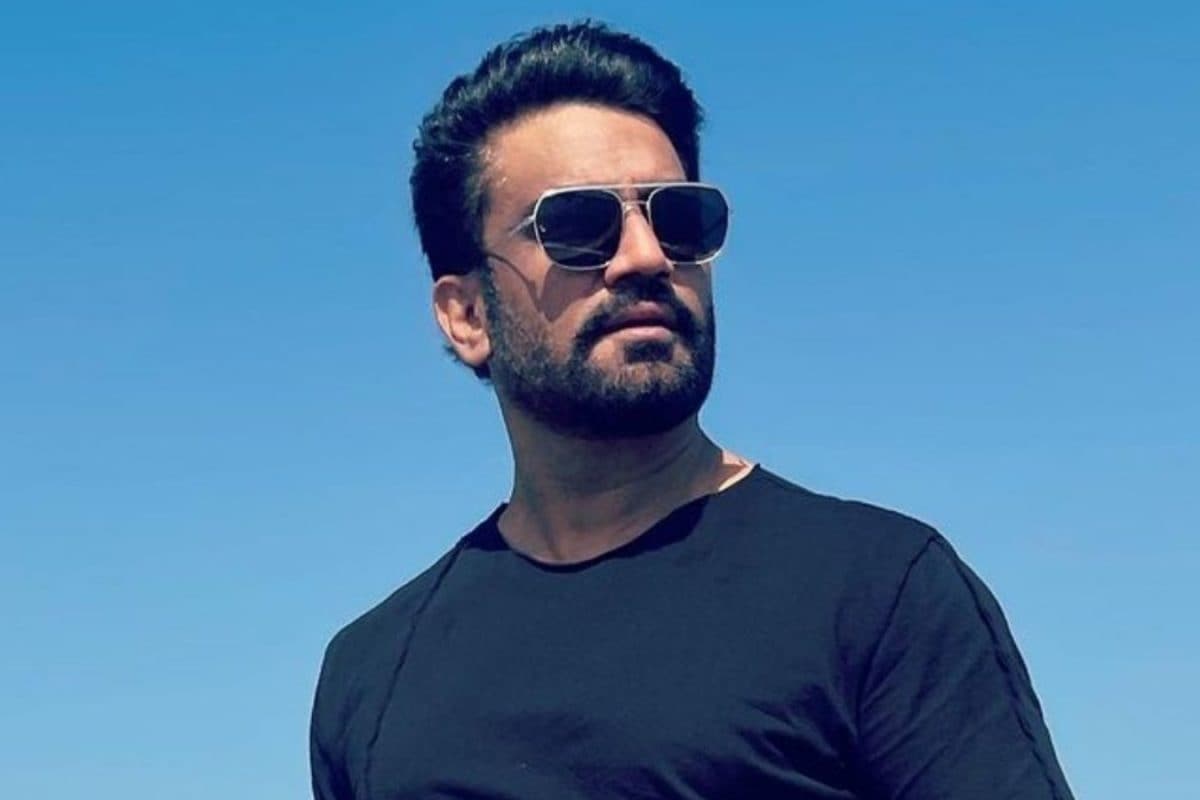

Actor Sharad Kelkar, known for his versatile work in television and film, including voicing the iconic character Baahubali in its Hindi version, recently shared his perspective on the growing language conflicts in India. In an interview with IANS, Kelkar stated that he prefers to stay away from political matters and has "no interest" in commenting on the issue.
"Honestly, I don't want to get into political matters. I have no interest in it. Ask me about acting, and I'll talk. Ask me why I haven't done a Marathi film, and I'll answer," Kelkar said. Despite his reluctance to delve into the political aspects, he emphasized his respect for all Indian languages, stating, "I believe all Indian languages are beautiful. I'm Indian, first and foremost".
Kelkar's comments come at a time when language has become a sensitive topic in India, with debates often erupting between different states and communities. These conflicts sometimes revolve around the promotion of Hindi as a national language, which has faced resistance from some southern states that prefer to emphasize their regional languages.
In the past, Kelkar has spoken about the importance of Indian languages and his desire to work in films across the country. "Obviously yes... So, I would love to be part of all the languages in India and I would love to do one film in each language," he said in 2016. He has worked in Hindi, Marathi, and Telugu films and expressed his love for different cultures and languages.
Kelkar's career has seen him overcome obstacles, including issues with his speech. He has spoken about how he used to stammer and speak very fast, which initially hindered his prospects. However, he worked to polish his voice and develop his voice modulation skills, eventually becoming the voice of Baahubali. Kelkar believes that voice actors are not given enough credit in Indian cinema and hopes for a change in this scenario.
In addition to his work in film and television, Kelkar has also dubbed for animated series, including "Baahubali: Crown of Blood". He noted the challenges of dubbing for animation, where he has to imagine the ambience and characters without the visual aids present in live-action films.
While Kelkar may not want to directly address the political controversies surrounding language, his emphasis on the beauty and importance of all Indian languages reflects a commitment to unity and respect for India's diverse cultural landscape.